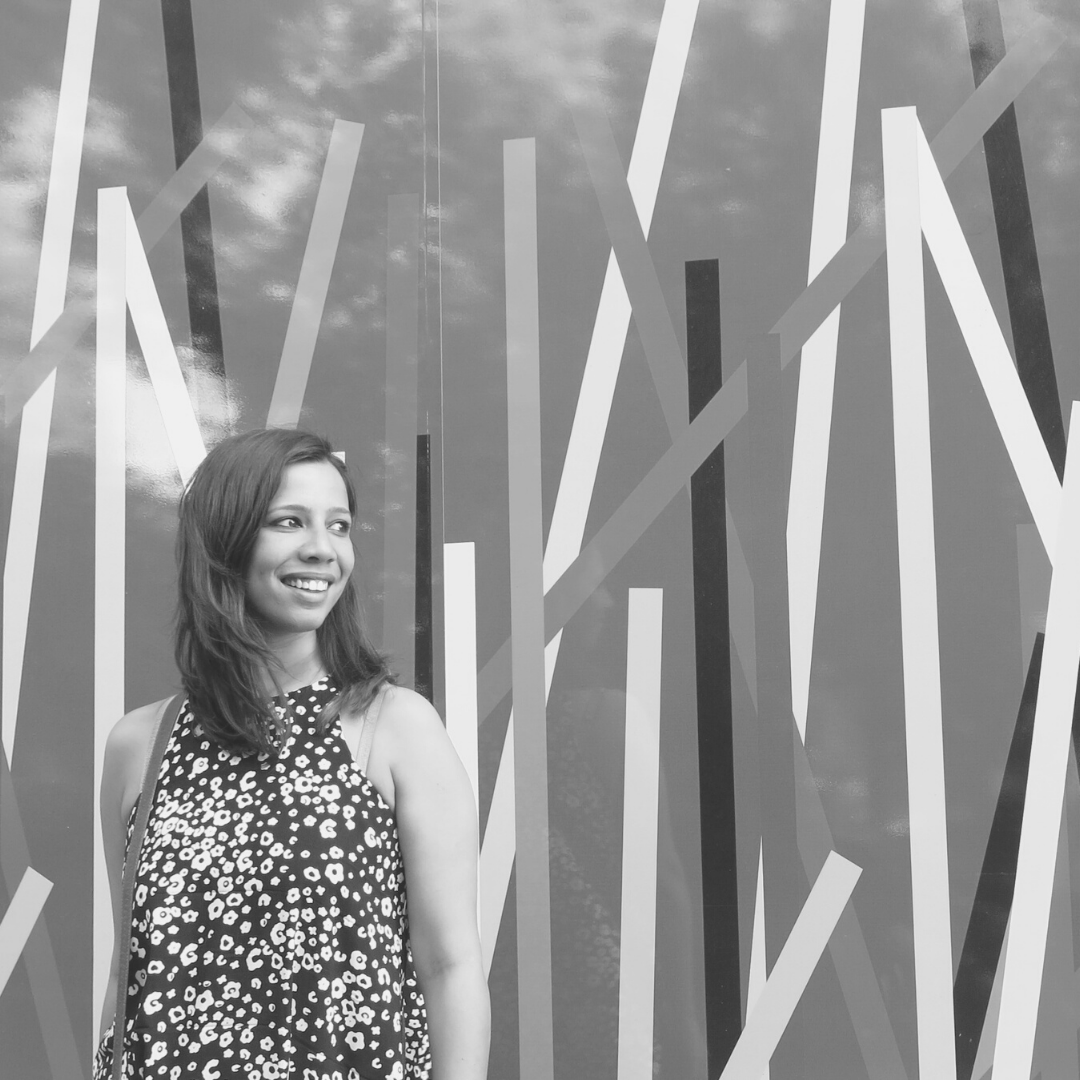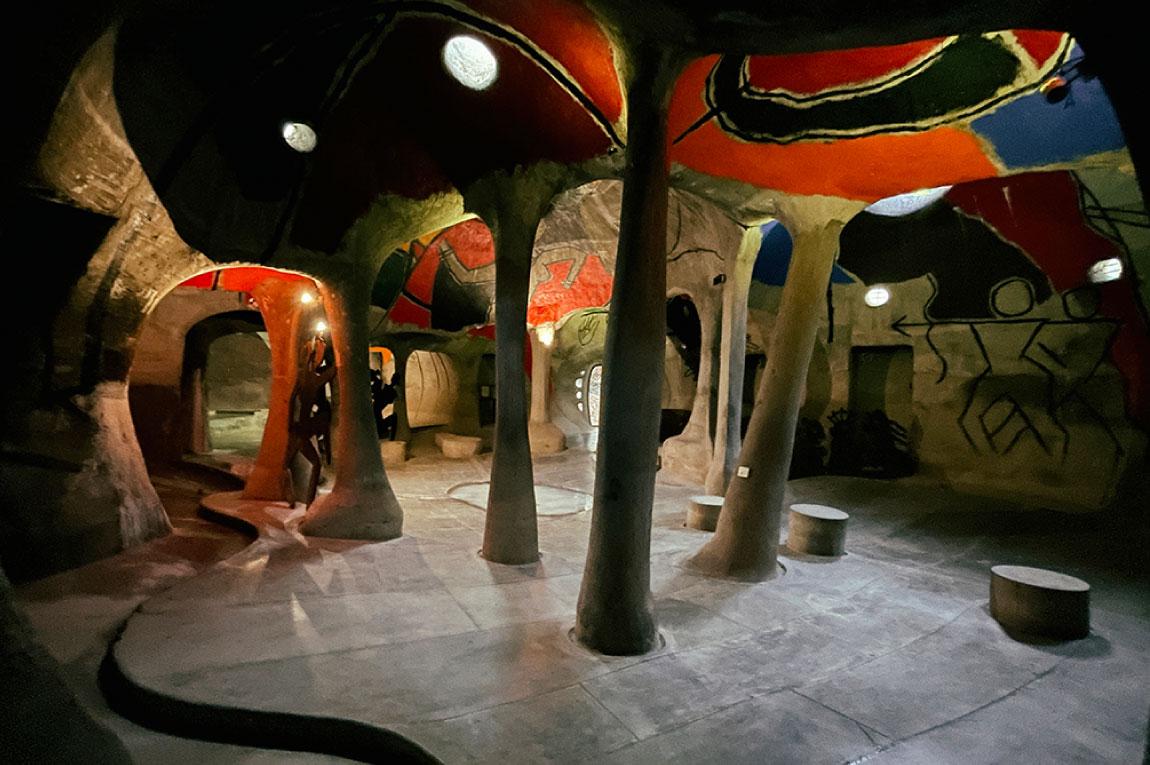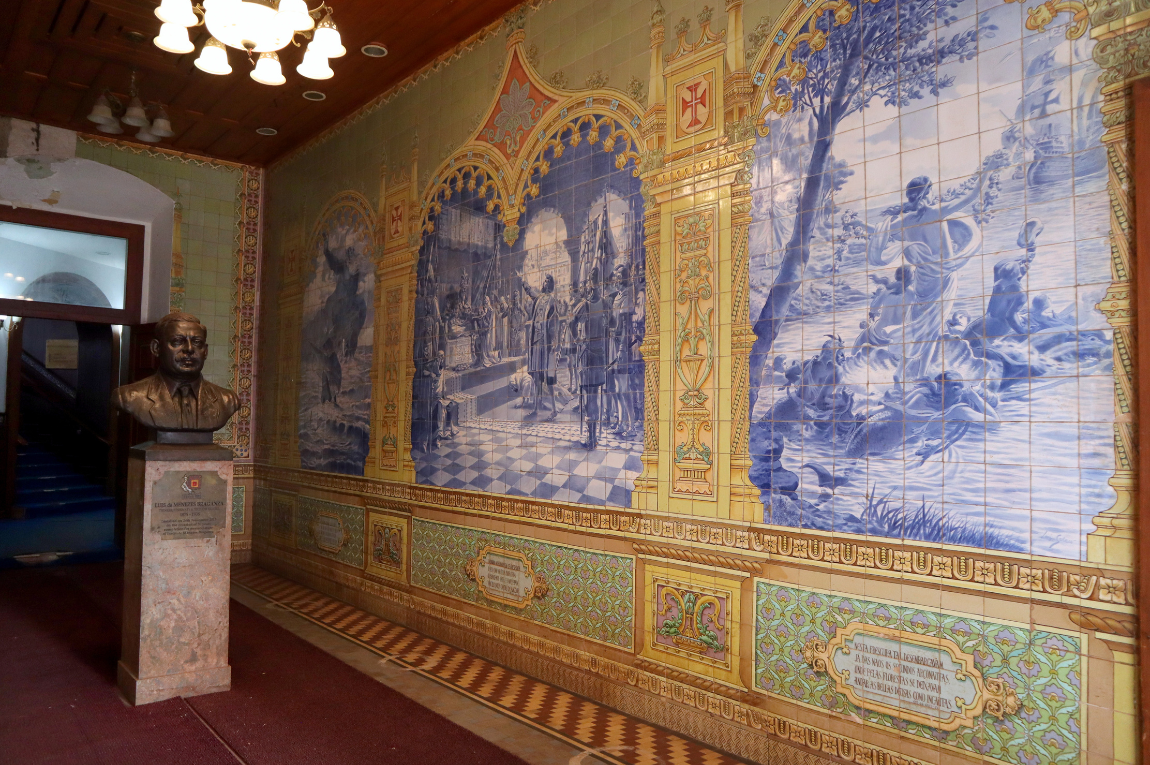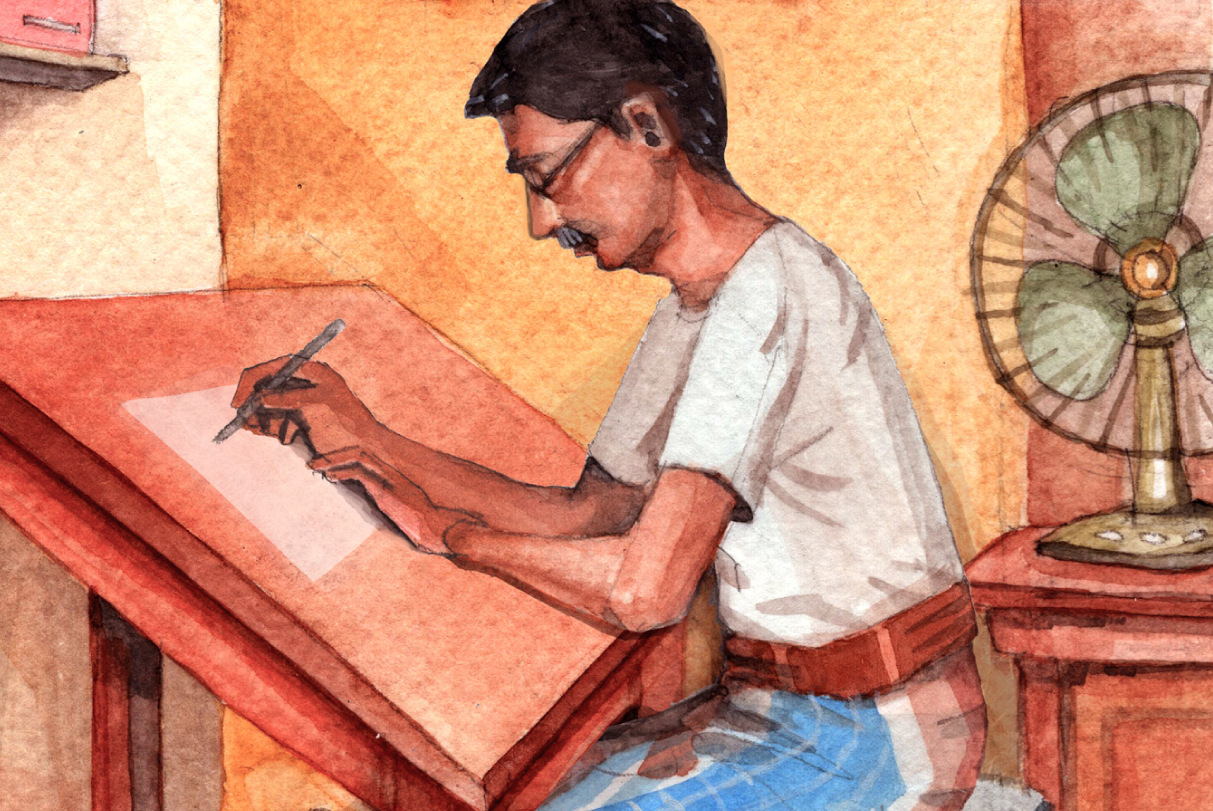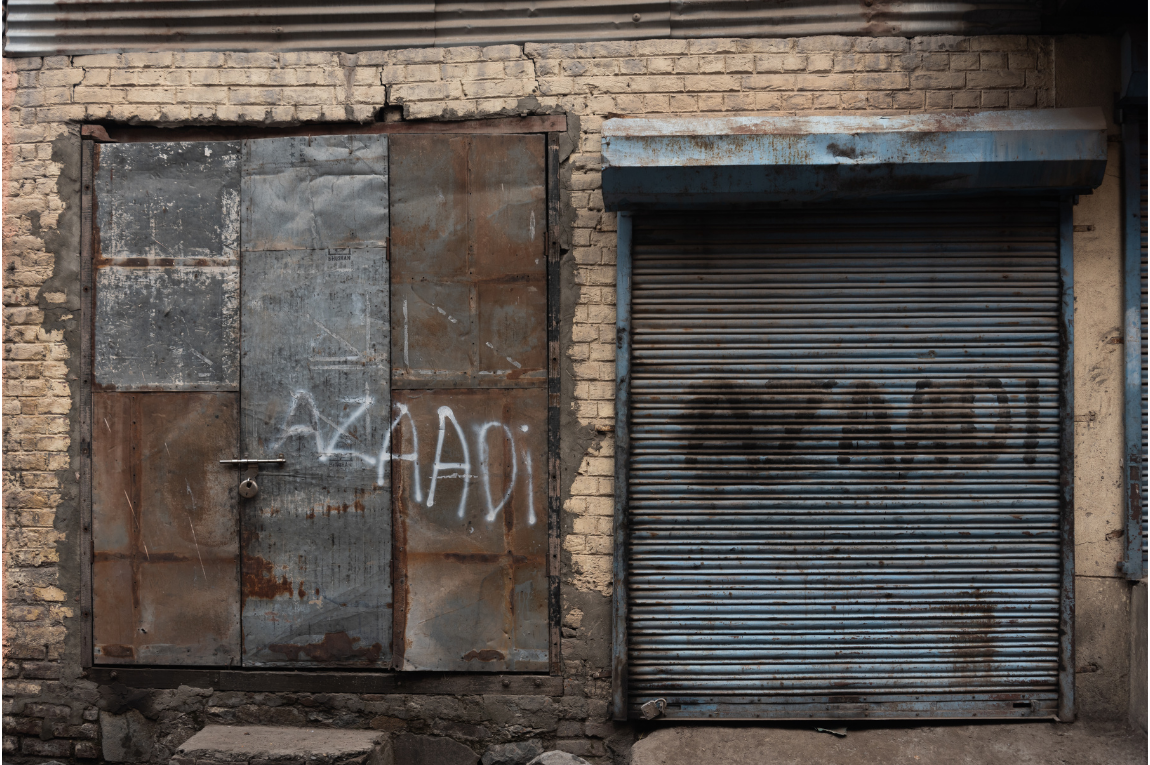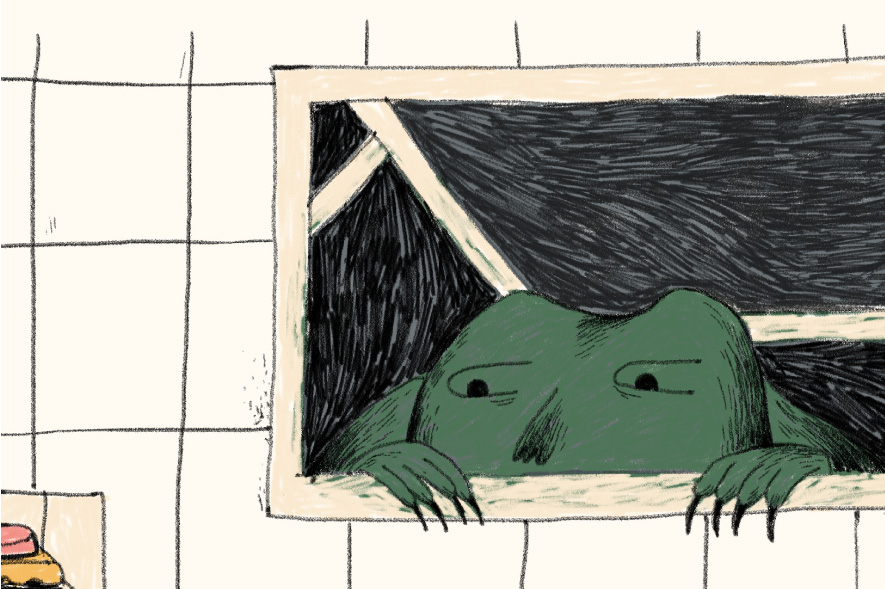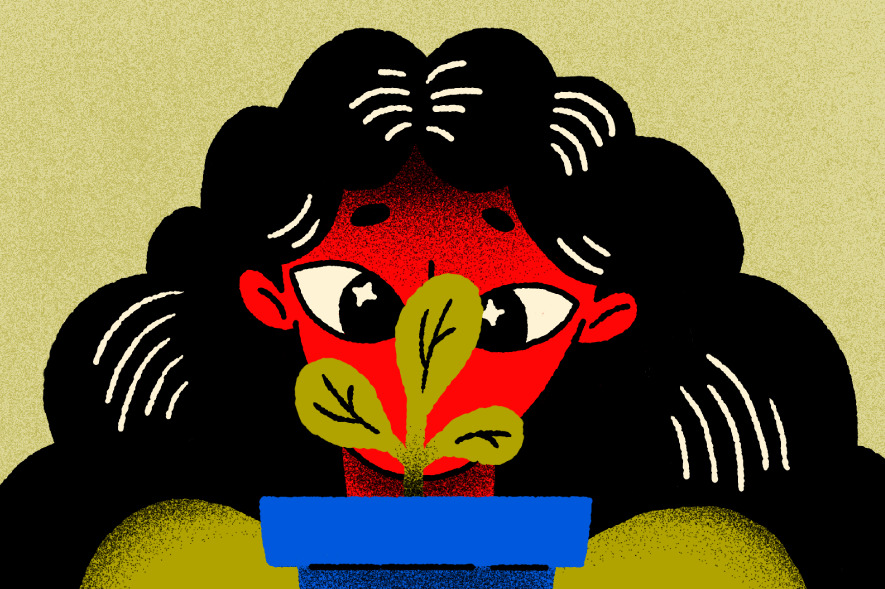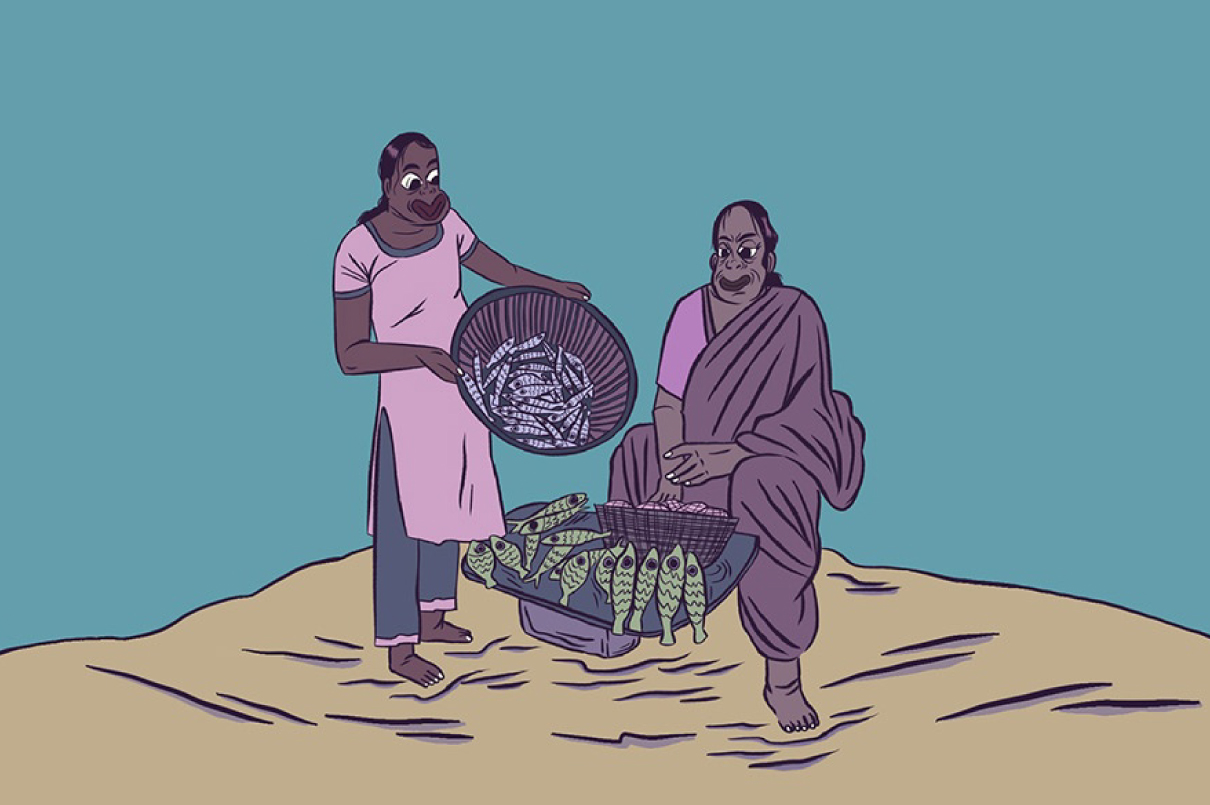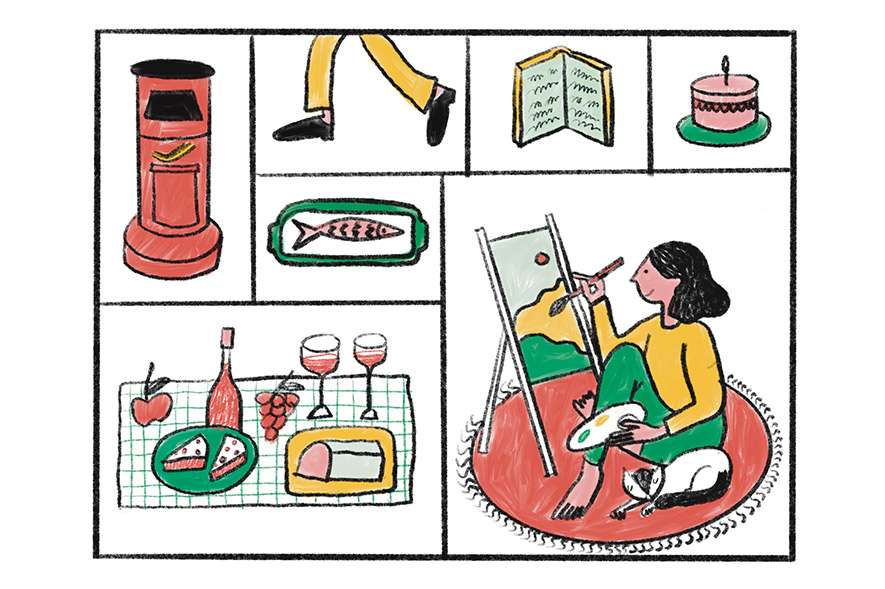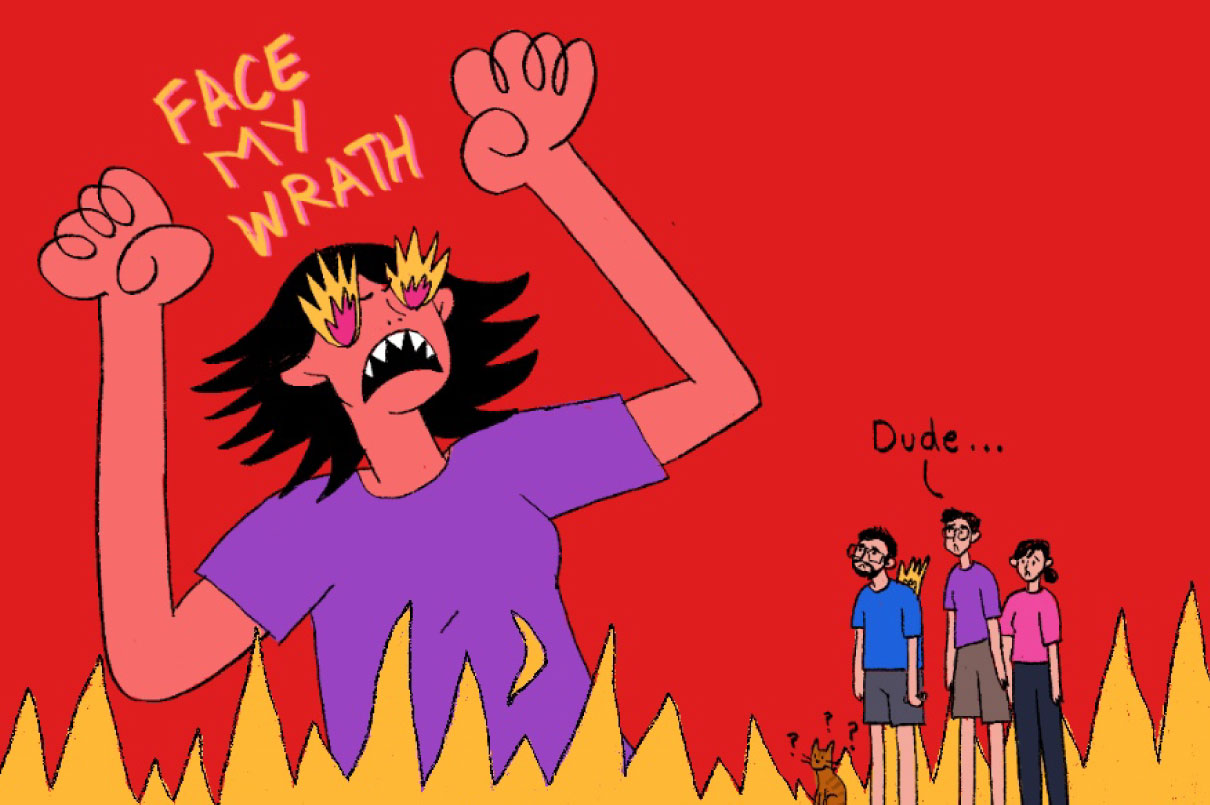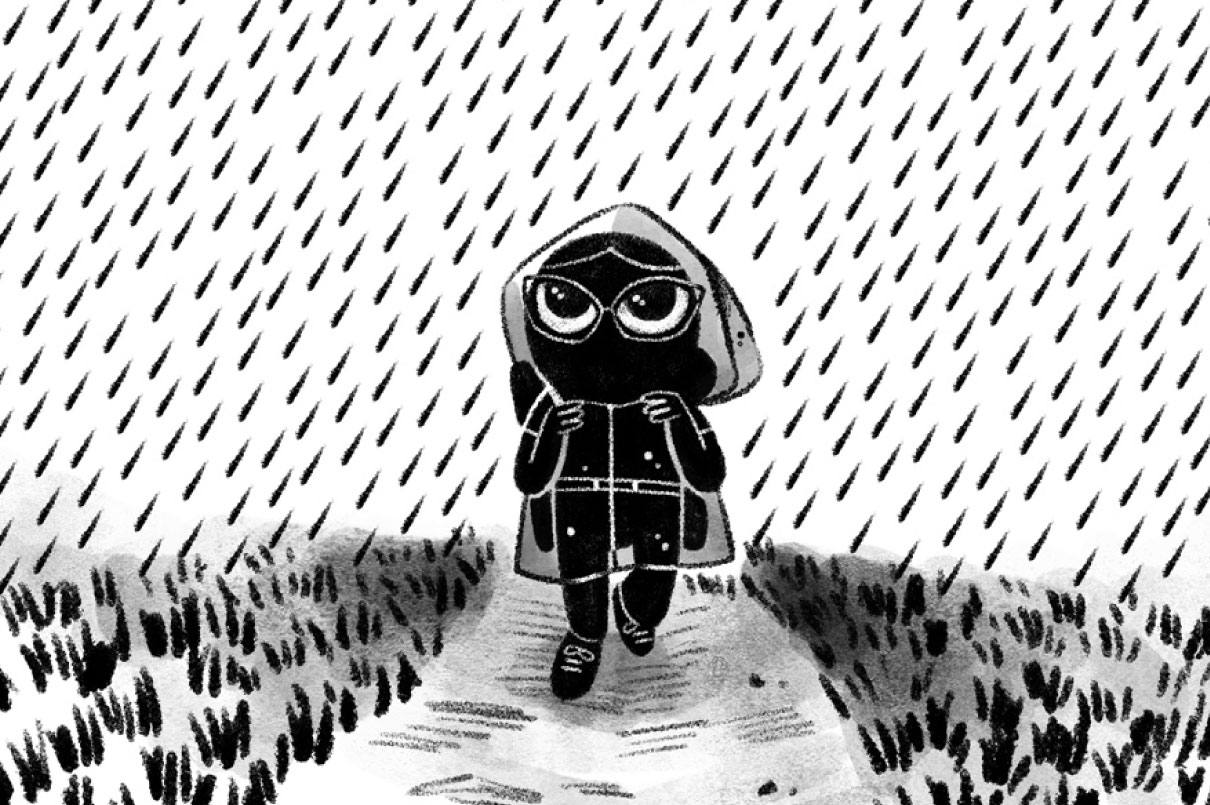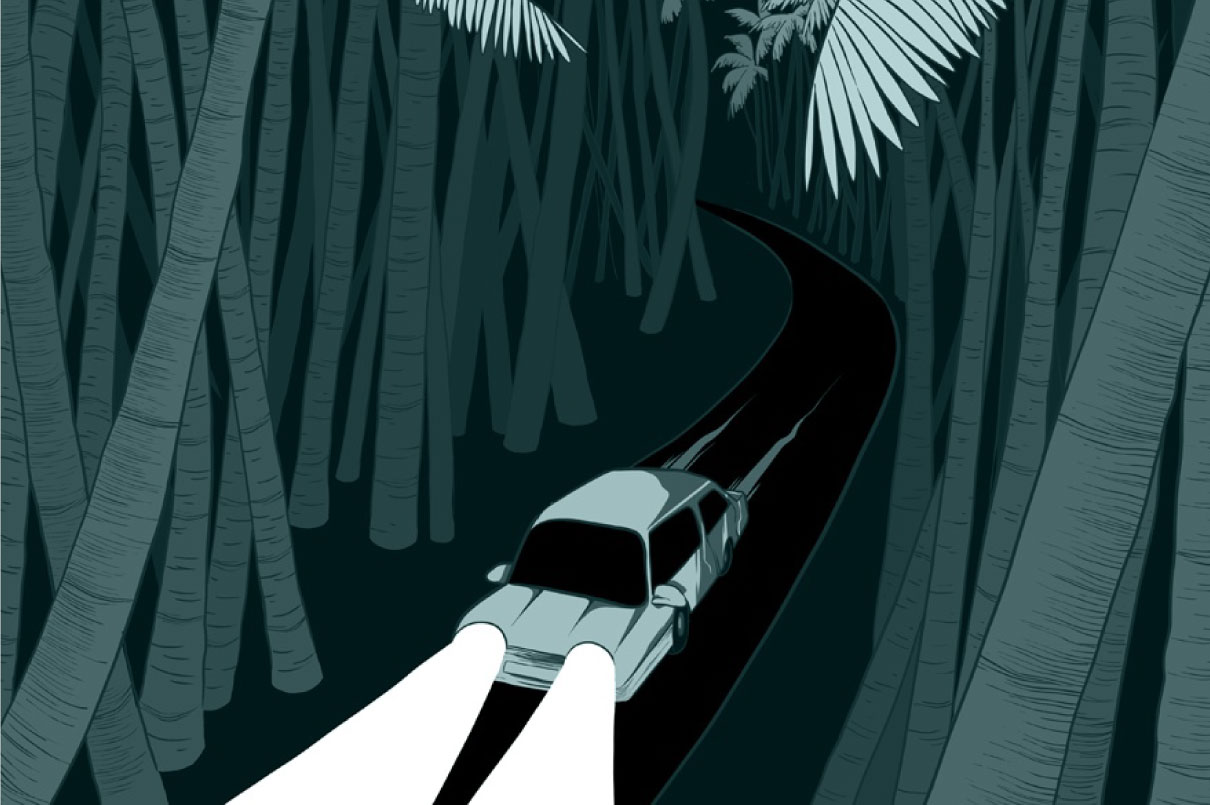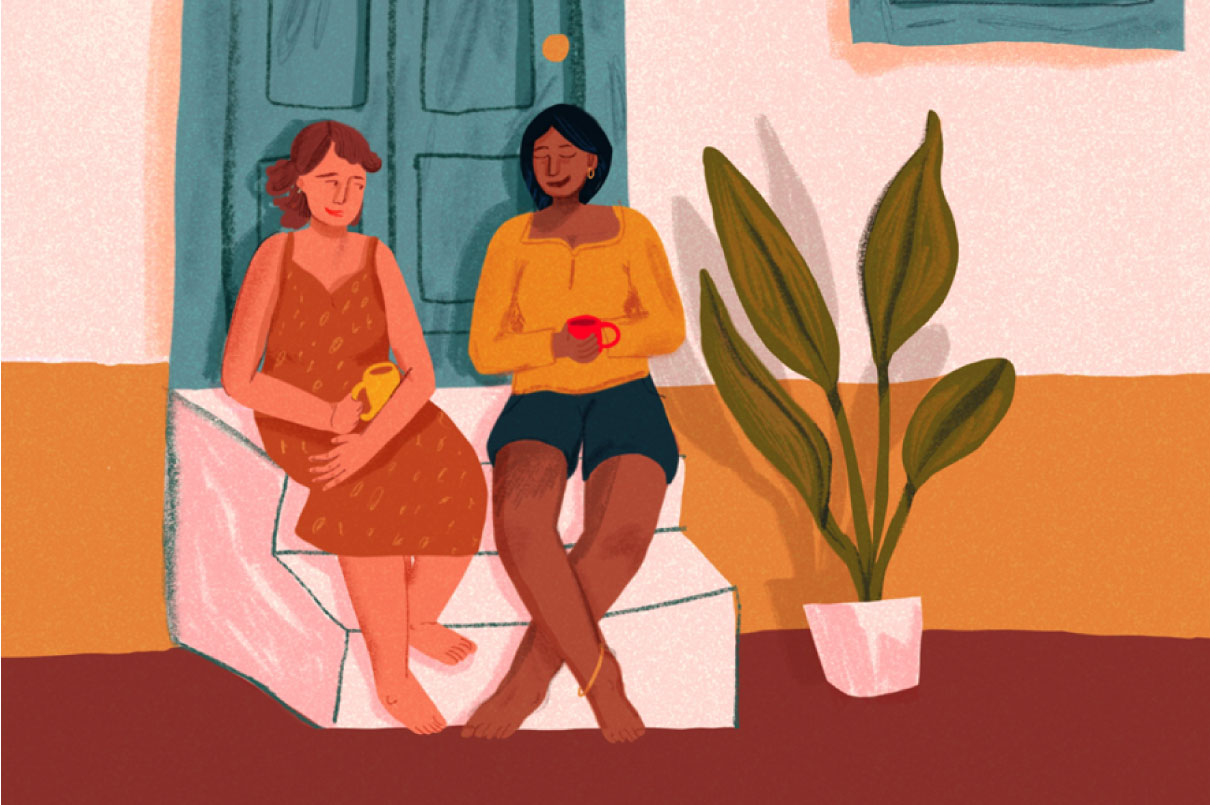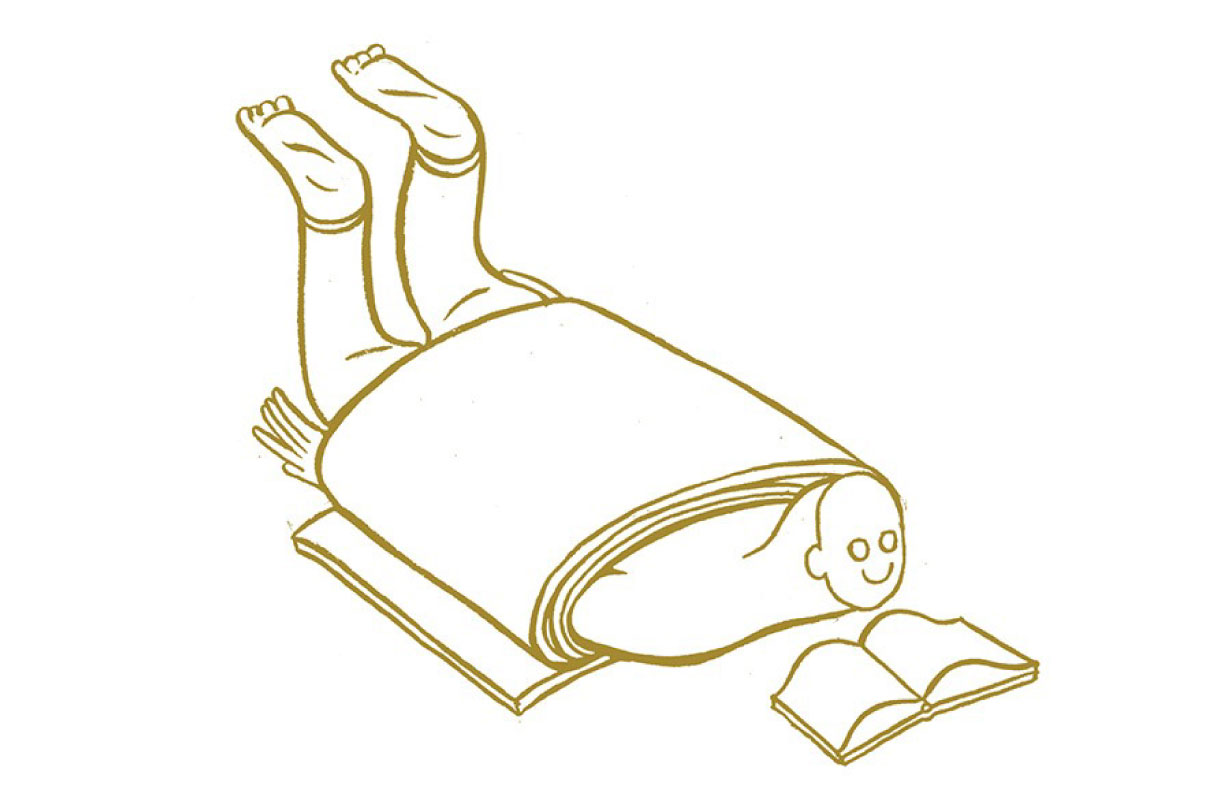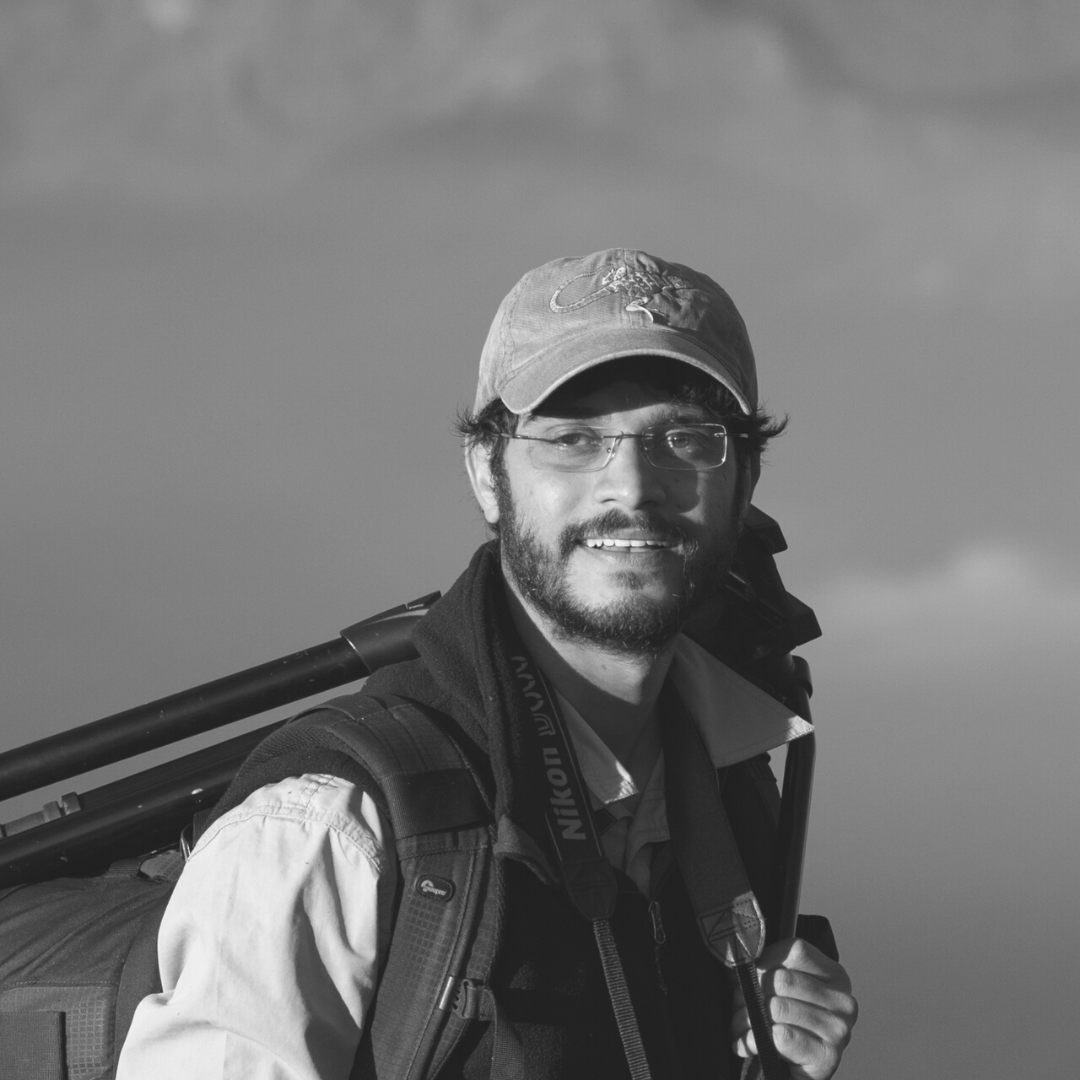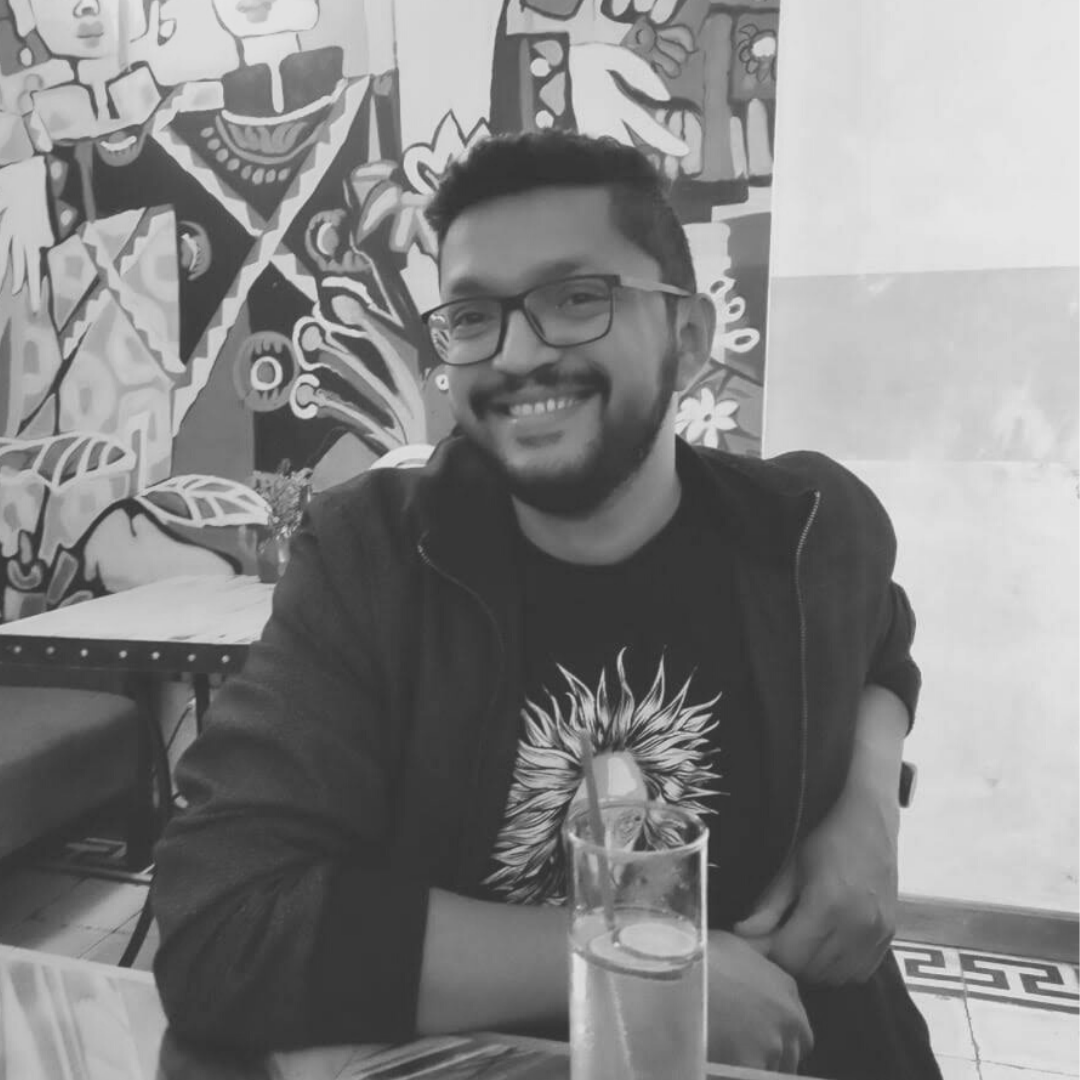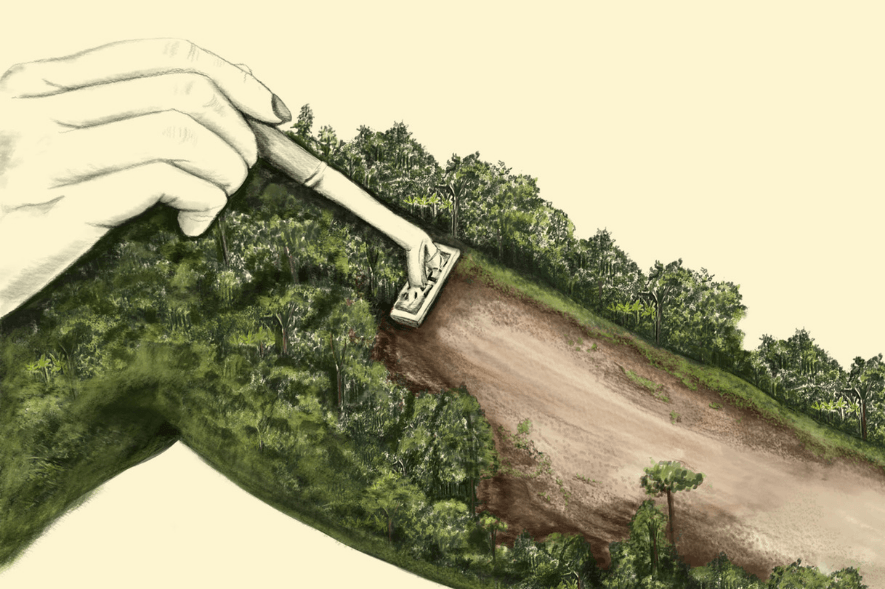Mumbai-based Misha Ghose directed the videos of the recently released album Science City by music duo Parekh & Singh — each frame orchestrated to perfection. Here, she tells us about the capriciousness that accompanies the process of making videos, how no amount of planning can make anything ‘viral’ online, and why she’s wanting to find her way to a water body soon.
What are you currently reading? Is there a work of writing you frequently revisit?
I have about four books lying on my bedside table — two books by Haruki Murakami, one by Arundhati Roy, and one by Noah Yuval Harari. I’ve started reading all of them but finished none. With everything moving at a crazy pace nowadays, it becomes increasingly difficult to just sit still and read. I do look forward to finishing them though, hopefully soon!
When did you start making videos? Were you always inclined towards working on music videos specifically?
I started working around 13 years ago and my first job was with Channel V, back then a dedicated music channel. I was an assistant to an assistant and slowly worked my way towards directing things myself.
I grew up surrounded by music. My earliest memories are of my dad blasting Bob Dylan and dancing away to Elvis [Presley], and my mother singing songs by Leonard Cohen at every gathering. Music was part of our everyday and everything. I always wanted to work with music and the more I worked, the more I found myself being drawn to jobs that gave me a chance to be closer to music.
About music videos specifically, when I was younger I remember watching some of them and being totally amazed by how freeing the medium was and how it took you just about anywhere with your thoughts and ideas. Having known I’ve always loved music videos, I’m really glad I get to make them now.
Is there a stage of the video-making process that you particularly relish or loathe?
Oh, I relish and loathe almost every part of it in equal measure. When I’m sitting on ideas and they’re just flowing with the song, or things are coming together well with the script, that part is just so enjoyable. When I visualise it and it just fits, I like how it fits. And after a day, when I look at the work again and if one shot just feels forced, it drives me into a tizzy, making me want to rethink the whole structure. That’s the part I hate.
This battle happens at every other stage. For instance, I dislike every single film I’ve made especially while editing them. It’s the time you look at it repeatedly, and you think of all the things you could have done better, or perhaps differently. And strangely enough, once I’m done with the film and it’s out and there’s nothing I can do about it, I almost always look at it again and think, “Oh, that’s not so bad.”
Who are some of the directors making music videos whose style you admire?
The first director whose music videos I watched and was blown away by was Michel Gondry. He’s always been almost mathematical about the videos he makes. His technique and thoughts are so intriguing and refreshing. Watching his work made me really curious about the medium and the possibilities surrounding it. Spike Jonze has also made some incredibly innovative music videos. I really love Hiro Murai’s work. There are actually many who have been doing interesting work — Nabil [Elderkin], Romain Gavras, CANADA.
What skills are important to the job?
For music videos, I guess the first thing would be to genuinely love music and just allow it to take you places. It’s also important to have an understanding of the medium and be open with your thoughts. The great thing about a music video is that there are no fixed rules or requirements. You can scale up as much as your budget allows you to, or be as low-key as you want to, and both ways can make an equally interesting video. The main requirement then becomes to find new and exciting ways to express yourself and allow that expression to marry well with the song you’re working with.
I also feel the main skill for any film-maker is to be clear with what you want to do. You usually work with a massive team and the clearer you are, the clearer the rest of the team is, and the better the result will be.
Is there a learning you find yourself returning to with every subsequent shoot?
The more I shoot, the more I realise that things will always go wrong and there’ll always be some trouble, whether it’s with the location, the equipment, the actors, or the art. There are so many moving parts when it comes to film-making and invariably something or the other always goes wrong.
The learning here is to expect — and accept — that things will go wrong, and despite this, to try and enjoy yourself as much as possible while shooting, because if you’re enjoying the process then it is evident in the end. The other learning over time is to be as prepared as possible. Think of everything you possibly can before the shoot — think about every colour, every prop, every movement, every word. Once the shoot starts just stop thinking and execute.
Keeping in mind a constantly content-consuming audience with shorter attention spans as well as an increasing pressure for content to become ‘viral’, how do you navigate the online space to set a certain benchmark?
There’s no point trying to navigate the online space. The way people are consuming content, and the ways in which they want it, is changing so rapidly. The ‘latest thing’ or what is most ‘viral’ usually happens by chance and no amount of planning makes anything ‘viral’. If you look at our current consumption patterns, Tik-Tok videos are immensely popular, or some kid dancing in a strange manner or cat videos is what is working. How does one then prepare for this, or compete with it? I choose not to; I think the best thing you can do is make something that makes sense to you, something you enjoy. We live in a country with 1.3 billion people; hopefully there will be some who feel the same way you do.
How involved are the artists in the process, especially in terms of defining the story, the look, and the aesthetics?
It totally depends on the artist. Some artists are very involved with the visuals and that becomes an interesting collaboration. Musicians are mostly creative people who want to create a visual language for themselves — that feels true to who they are, and that’s explorative.
Artists like Parekh & Singh, for example, have created a world for themselves where all their visuals exist in that world and the challenging and exciting part is to be able to tell unique stories while sticking to their world. Some artists have made songs that are deeply personal for them or have visuals already attached to that song, so the challenge then is to take something that has emerged from their minds and to make sense of it through a visual medium, finding common ground that pleases both them and you.
Does it happen that you watch a music video made by someone else and think to yourself that you would have perhaps done it in a different manner?
Not often, no. The journey of a music video is a long one — one that starts with a basic idea and keeps getting built until it reaches where it finally does. Along the way, so many things change their course — the location you finally get, the art director who comes in with new ideas, the lights that create the mood. I know the process is long and intricate, so I don’t like to look at the work of others and think I would have done it differently, because I know that their process has gotten them to doing it in that particular manner.
In terms of film-making styles, of course different people do things differently. The things I fixate on are very different from those another film-maker fixates on, so obviously my end product is uniquely mine and so is theirs. If I did end up making someone else’s film, it would be very different.
What keeps you inspired? Do you find yourself going back to certain points of reference?
Just watching and rewatching things all the time. There are so many amazing music videos, TV shows and movies being made. Watching various ways in which stories can be told, moulded and explored, and allowing this to spark thoughts in my head is my constant source of inspiration.
What do you do to take a break from work?
I think breaks are really important. It’s so easy to get saturated and then not feel like thinking or doing anything at all. I try and take holidays as often as I can — I really enjoy diving. I try and get myself next to a water body as often as possible. I also play tennis or just binge-watch online during my break.
What are you working on next?
Since I’m currently in the middle of finishing a relatively big commercial project which has been really exhausting, I’m working on getting a break soon and finding my way to a water body.
